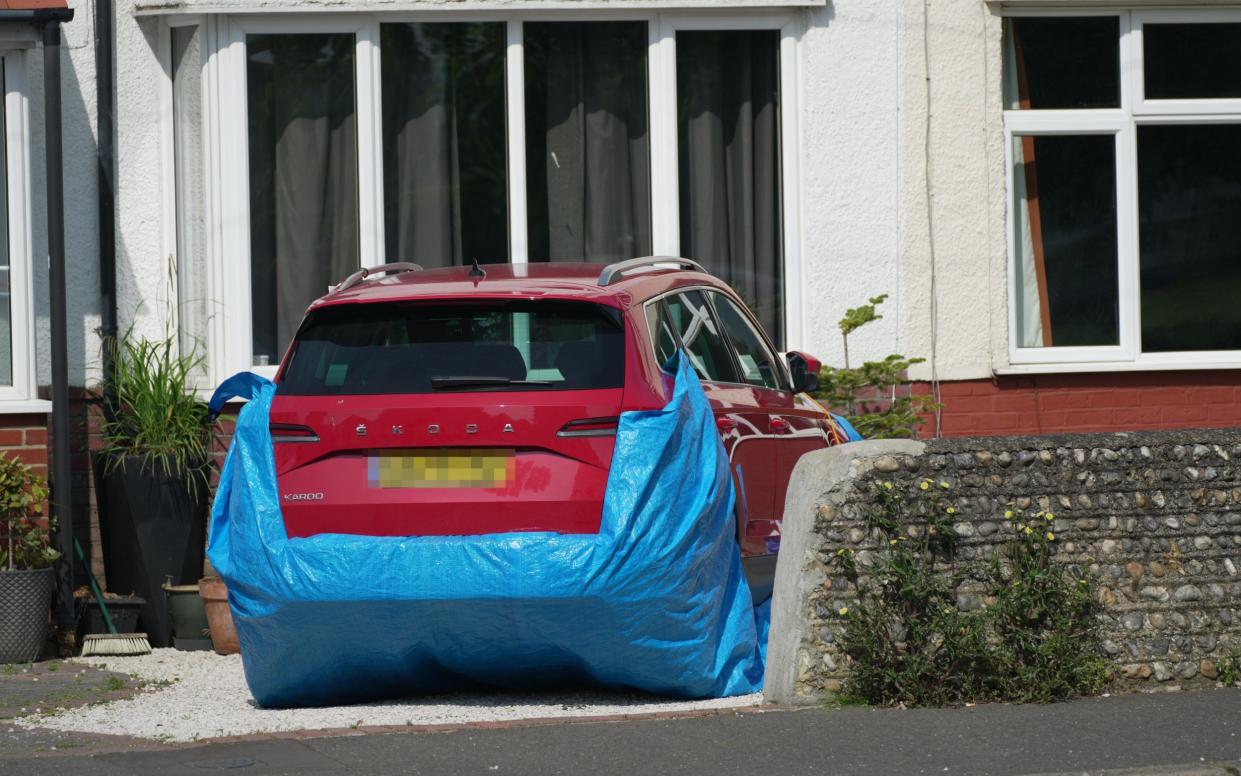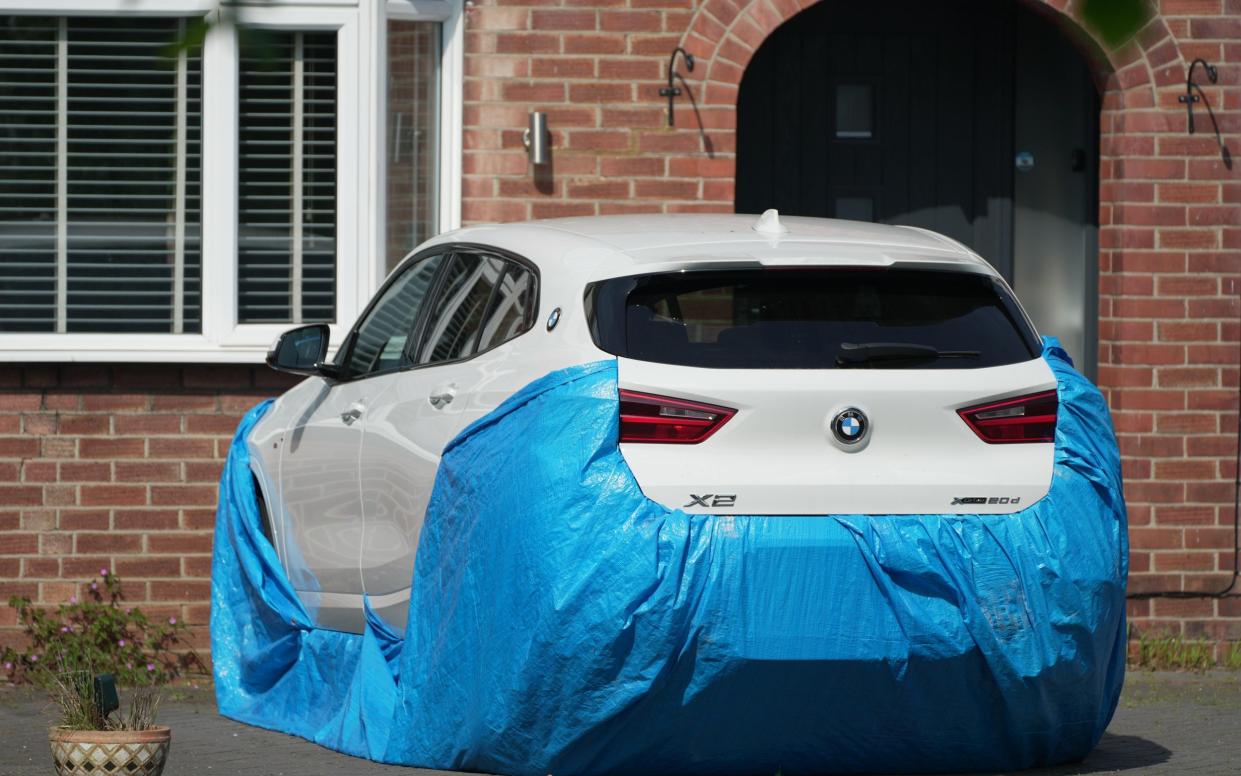Eco-friendly brake cables eaten by foxes after switch to soy insulation

Eco-friendly brake cables are being eaten by foxes, after manufacturers switched from petroleum-based insulation to soy, forcing owners to wrap their cars in tarpaulins.
Recent photos show multiple cars covered in blue plastic for protection after a spate of attacks in Worthing, West Sussex, with locals claiming at least 20 vehicles were targeted by foxes.
Jack Cousens, the AA’s head of roads policy, said the animals may be attracted to the soy-based insulation on brake wires.
Since 2000, peanut and soy-based oils and waxes have been used on car parts including gearbox insulation, primer bulbs and diesel injector wires, instead of petroleum-based coverings.
“There are two reasons why foxes attack cars in this way,” Mr Cousens told The Telegraph. “The first is that some cables can be soy-based and therefore they get attracted to the taste of that.
“Secondly, within brake fluid there is something called glycol, which is a sweet-tasting alcoholic fluid, and they get a little bit attracted to that too. But they would only get attracted to it if they chew so far through the cable and uncover it.”

Eddie Mitchell, who lives on Broadwater Green in Worthing, the latest target for hungry foxes, said: “Everyone around us has been affected. There’s been at least 20 attacks by foxes on the brakes system under cars.”
“One neighbour ended up spending £1,500 on his Jaguar after it was attacked,” he added.
Locals in Horsham, West Sussex, reported similar instances of foxes chewing through brake cables in 2021 and 2022 and residents in Sidcup, south east London, were reportedly forced to fox-proof their cars last year.
The RAC said there were record numbers of mice, rats and foxes “surprising” its customers last year by causing serious damage to their vehicles.
The motoring organisation said there were 303 breakdowns caused by animal damage in 2023, with 41 prompted by fox attacks.
“Patrols also reported numerous cases of foxes chewing speed sensor wiring, windscreen wiper blades and brake hoses underneath cars,” the RAC said.
The AA has previously advised car owners who live near foxes to consider parking in a secure garage or to use fox repellent.


